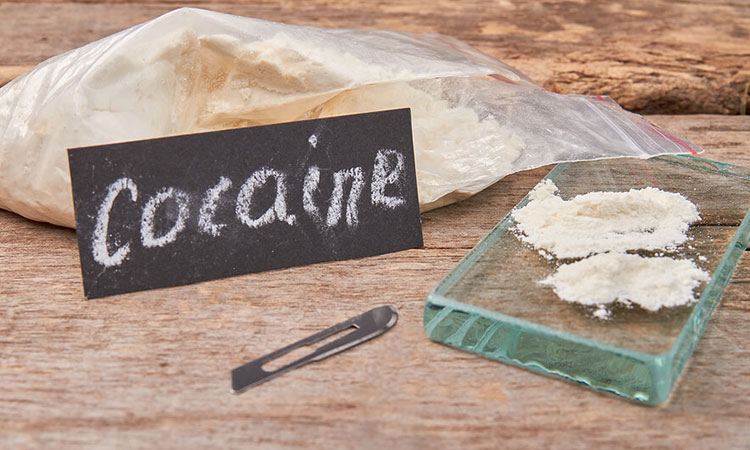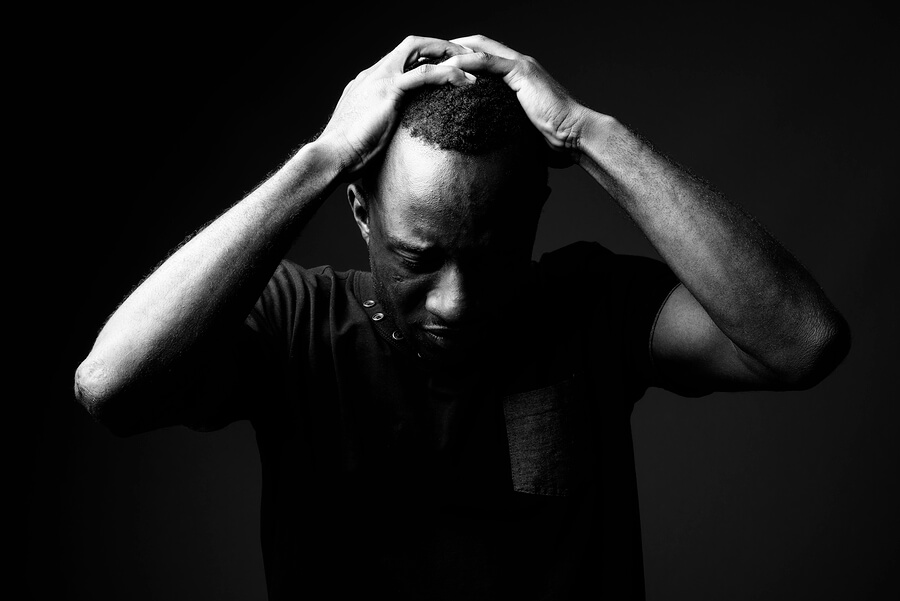
Cocaine Withdrawal Symptoms – While cocaine withdrawal may not be as severe as withdrawal from other drugs or alcohol, it does come with unique challenges. Withdrawal from some substances, such as benzodiazepines and alcohol, can cause intense or even life-threatening physical symptoms. Cocaine withdrawal, however, manifests mostly psychological symptoms.
List of Cocaine Withdrawal Symptoms
Symptoms of cocaine withdrawal may include the following:
- Concentration difficulties
- Slowed thinking
- Fatigue and exhaustion
- Restlessness and tremors
- Chills and muscle aches
- Diminished libido
- Anhedonia (inability to feel pleasure)
- Depression or anxiety
- Suicidal thoughts or behaviors
- Vivid dreams and nightmares
- Increased appetite
- Cravings for cocaine
When Is a Clinical Detox Necessary?
Although a cocaine detox may be performed on an outpatient basis, medical detox may be advised in some cases. If an individual has encountered a relapse during a previous detox attempt, the 24-hour supervision offered by a medical detox can be beneficial.
Also, if the person using experiences any co-occurring mental health conditions, medical detox should be followed by comprehensive addiction treatment that can effectively address both withdrawal symptoms and mental health concerns.
Among the more worrisome effects associated with acute stimulant withdrawal are depression and an increased risk of suicide. Individuals who attempt to discontinue cocaine use after addiction has developed can experience severe depression and pronounced mood swings, including suicidal thoughts and behaviors.
Through regular cocaine abuse, the brain grows accustomed to consistently elevated dopamine activity caused by the drug. Over time, the brain’s reward and pleasure centers are disrupted and become less vulnerable to the excess dopamine.
At this point, the user often requires increasing amounts of cocaine to feel the desired effect. Without it, they may feel profounded depressed and dissatisfied with life. Moreover, if someone has a history of depression or suicidal ideations, a clinical detox is usually advised to ensure that the person is safe and emotionally supported during the withdrawal process.
Withdrawal Timeline

Short-term cocaine withdrawal symptoms tend to resolve in about 7-10 days. However, as with many substances, cravings may persist for a prolonged period and could manifest suddenly, even years after a person has achieved abstinence.
Cocaine has a very short half-life and among those with dependence, withdrawal symptoms can onset as soon as 90 minutes following the last dose. The timeline and duration of withdrawal symptoms vary depending on the individual.
The following are factors that may influence the timeline for cocaine withdrawal symptoms:
Duration of Use and Average Amount Administered
Those who use cocaine for a brief period may experience withdrawal symptoms that are also short in duration. Conversely, those who have used cocaine for years may encounter lingering withdrawal symptoms for weeks, in part due to an accumulation of the drug in their systems.
Also, people who have used excessive amounts of cocaine may endure more intense withdrawal symptoms than someone who has historically administered lower doses.
Polysubstance Abuse and Dependence
A person who has formed a dependence on two or more drugs may experience withdrawal symptoms associated with both, possibly complicating the timeline of withdrawal and making the experience worse for the person who is detoxing.
Environment
If cocaine was consumed as a means of escaping from a stressful environment, new stress might trigger the urge to use again. Moreover, environmental factors that cause stress, such as relationship problems or work difficulties may produce strong cravings for cocaine. This added stress can impede the psychological process of detox and withdrawal.
Co-occurring Medical Conditions or Mental Health Disorders
If a person experiences co-occurring medical conditions, such as heart disease, or mental health disorders, such as anxiety or depression, the withdrawal process from cocaine is likely to be more severe and complicated.
Treatment for Cocaine Withdrawal
Unfortunately, unlike narcotics, other central nervous system depressants, or alcohol, there is no prescription drug currently approved by the Food and Drug Administration (FDA) for the treatment of cocaine withdrawal. However, some medications may help people by mitigating both acute and long-term withdrawal symptoms.
For example, pharmaceuticals indicated to treat depression and anxiety may be helpful for those undergoing cocaine withdrawal, as they work well to stabilize the patient’s mood and improve outcomes. Such medications tend to be particularly beneficial for people whose withdrawal symptoms persist longer than a week.
Following detox, patients are strongly advised to undergo intensive addiction treatment in either a partial hospitalization or outpatient program. While there, patients can take advantage of integrated, evidence-based treatments, such as behavioral therapy, counseling, peer group support, and psychoeducation.
Studies have shown that programs that meet these conditions result in better outcomes for those seeking to defeat addiction. Recovery By The Sea offers these services, which are managed by medical and mental health professionals who specialize in addiction.
You can restore harmony and wellness to your life, free of drugs and alcohol! Call us today and learn how we can help!